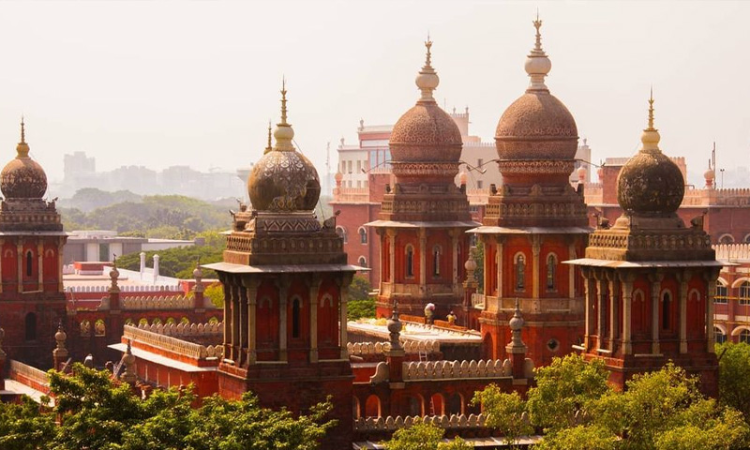Legal Heirs Of Deceased Complainant Can Pursue Disciplinary Proceeding Before Bar Council: Madras High Court
Upasana Sajeev
15 April 2022 12:00 PM IST

Next Story
15 April 2022 12:00 PM IST
The Madras High Court has observed that in criminal proceedings, the legal heirs of the original complainant can apply for continuation of proceedings against the accused upon the death of the original complainant. The court further quashed the order passed by the disciplinary committee of Bar Council of Tamil Nadu and Puducherry which had held that the legal heirs cannot step into the...
